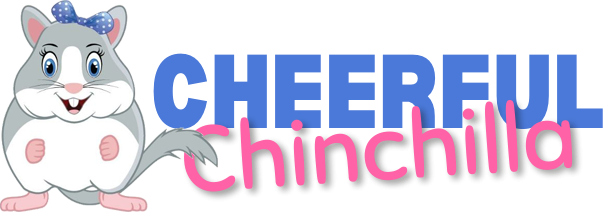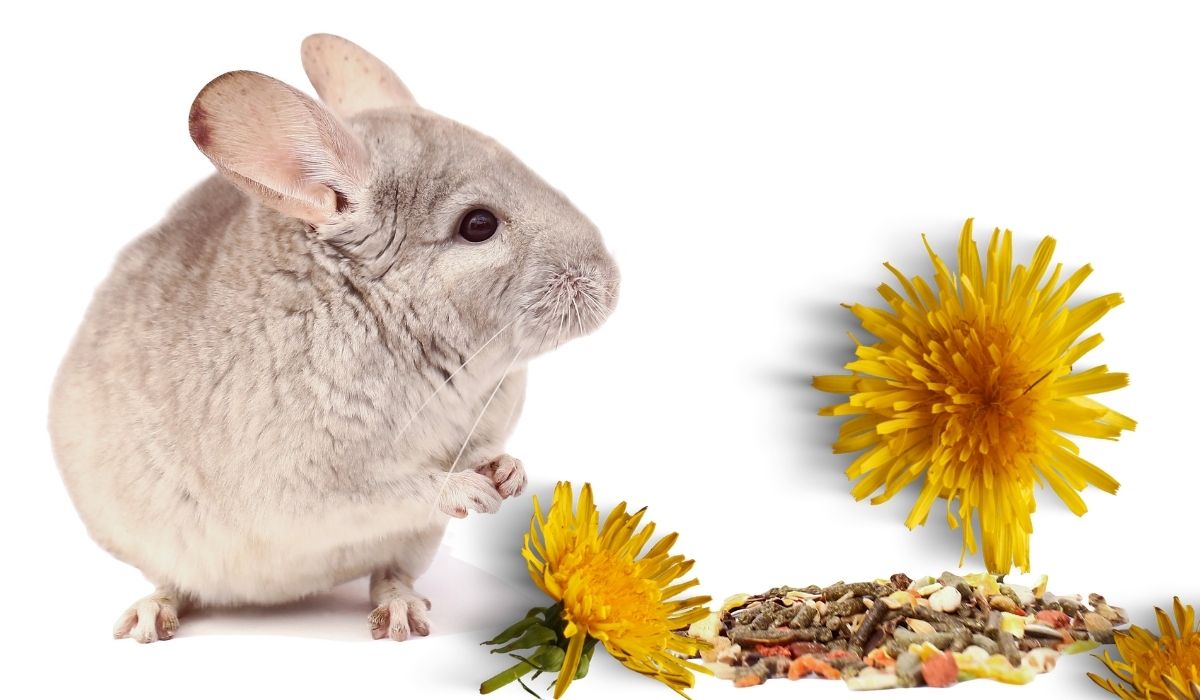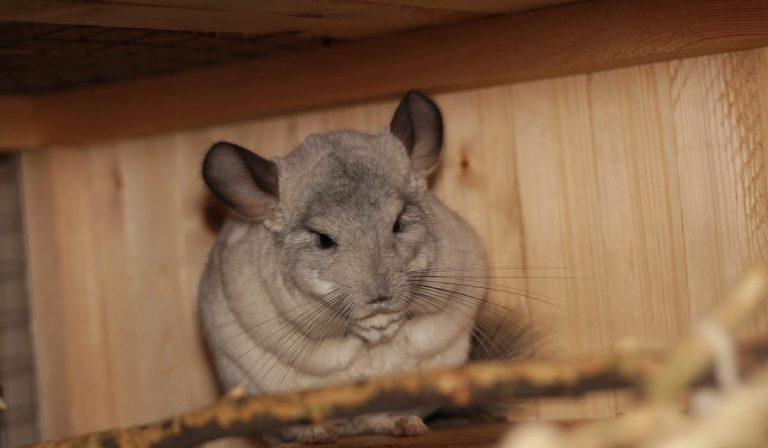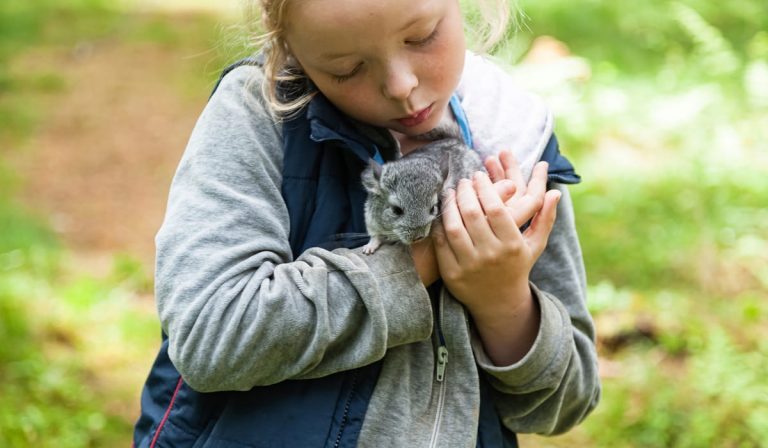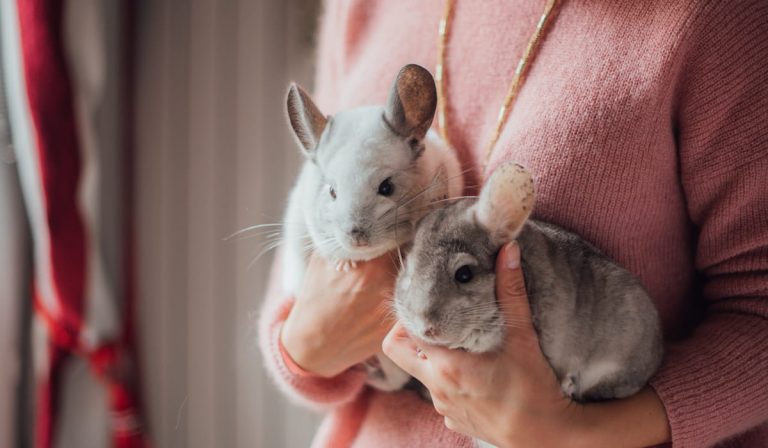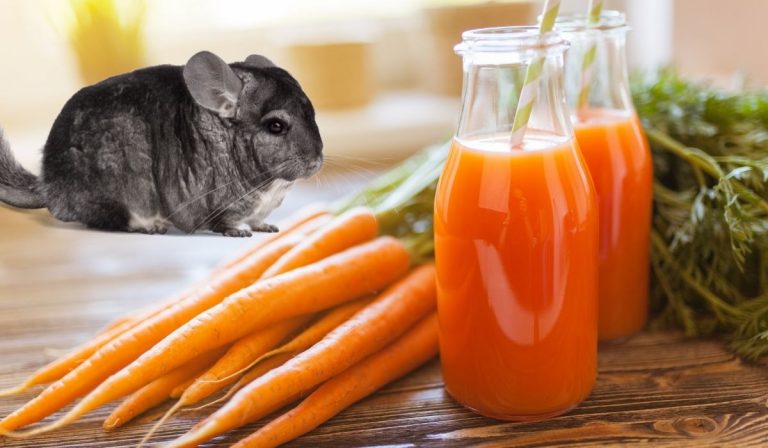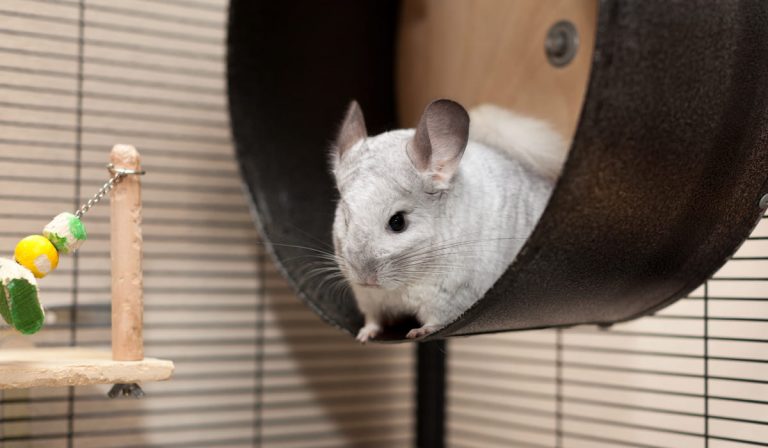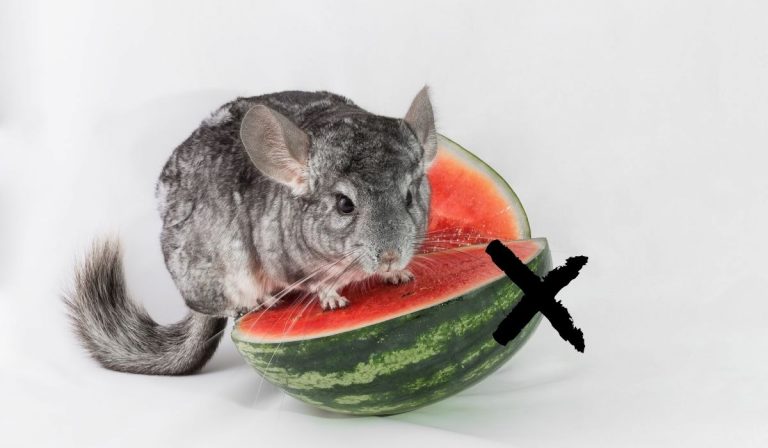Can Chinchillas Eat Dandelions?
Part of keeping your chinchilla happy and healthy is knowing what foods they can eat and what they should avoid. No chinchilla owner or parent wants to give them something that will make them sick. A good diet is also key to keeping their immune system strong and providing the energy they need.
Chinchillas love to eat food with high water content. For a lot of people with lawns, dandelions are a great treat for chinchillas because they have a nice, watery, crunchy stem that they love to eat.
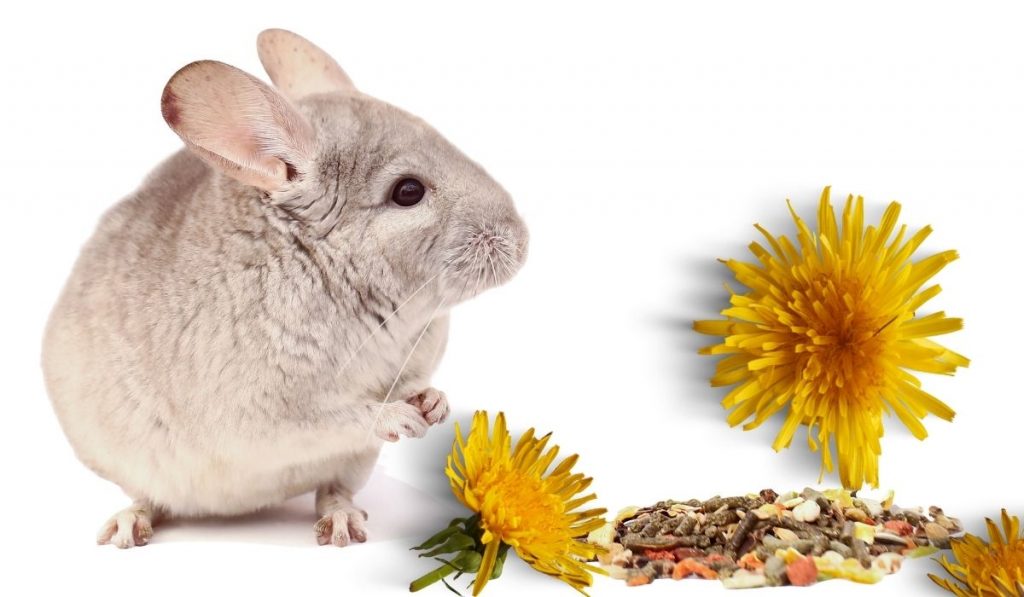
Dandelions are a fine treat for chinchillas, but you should make sure to take the flower off before giving it to them.
Dandelions are a diuretic, so eating too many of them can give them diarrhea. Monitor what they are eating and only give them dandelions in small quantities.
You will also want to make sure you’re not giving your chinchilla dandelion stems with pesticides on them.
If you’ve just recently treated your lawn with pesticides to keep bugs away, then you won’t want to pluck dandelions and give them to your pet. Let the sprinklers do their job for a while or wait until the next crop of dandelions sprout before you cut them and give them to your chinchilla.
Here’s some other helpful information about chinchilla diets and what you can do to make sure your furry friend is getting all of the nutrition they need.
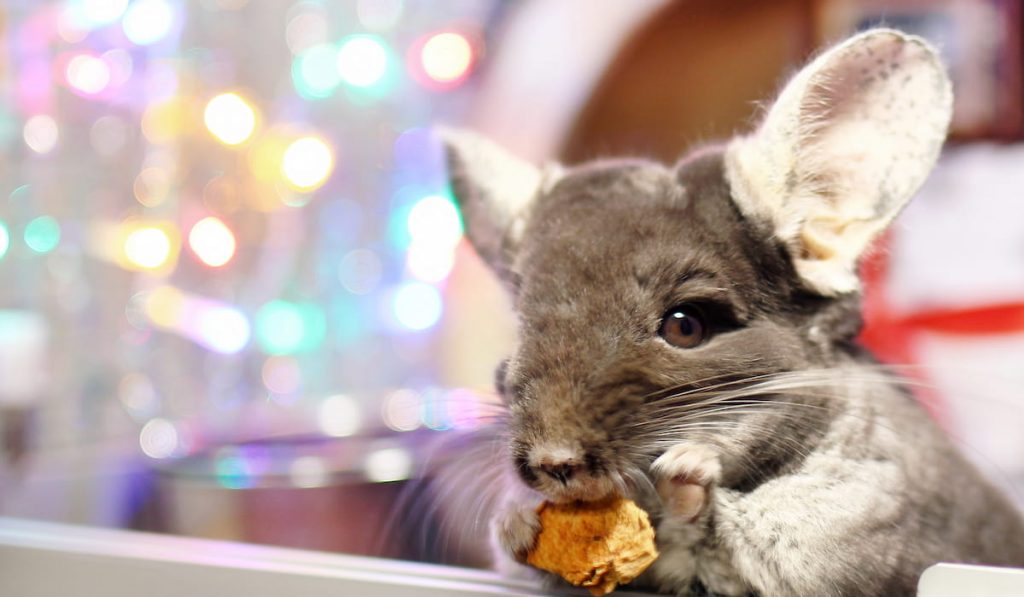
Chinchilla Diet Basics
Diet is probably the most important thing you can do to keep your chinchilla happy. Of course, they will need an enclosure where they feel secure and avoid any rough handling, but a good diet goes a long way. First and foremost, chinchillas need access to clean drinking water at all times.
They aren’t like dogs that televise clearly when they are thirsty. You’re not going to see your chinchilla panting in their cage. That’s why you need a ready supply of clean water in a dispenser bottle that your chinchilla can go to whenever they need a drink.
Most of the food that your chinchilla eats should be clean, high-quality hay. Hay is available for an affordable price online or at any pet store. If you do a bit of looking online or go to a specialty pet store, you’ll be able to find hay made specifically for chinchillas.
The hay is what keeps a chinchilla’s digestive system working well. The fibrous texture clears out the stomach and digestive tract to keep things moving.
Most chinchillas get the fiber they need from hay, as well as munching on twigs and leaves.
Chinchilla Feed Pellets
You can also buy feed pellets that are packed with foods that your chinchilla loves and that contain the vitamins and minerals they need to stay healthy. You should feed them a couple of tablespoons of pellets every day.
Chinchillas mostly eat at night over long periods of time, so don’t be alarmed if you don’t see your pet running whenever you put food in their cage. Just track how much is gone in the morning and then adjust how much you give them based on how much you see they are eating.
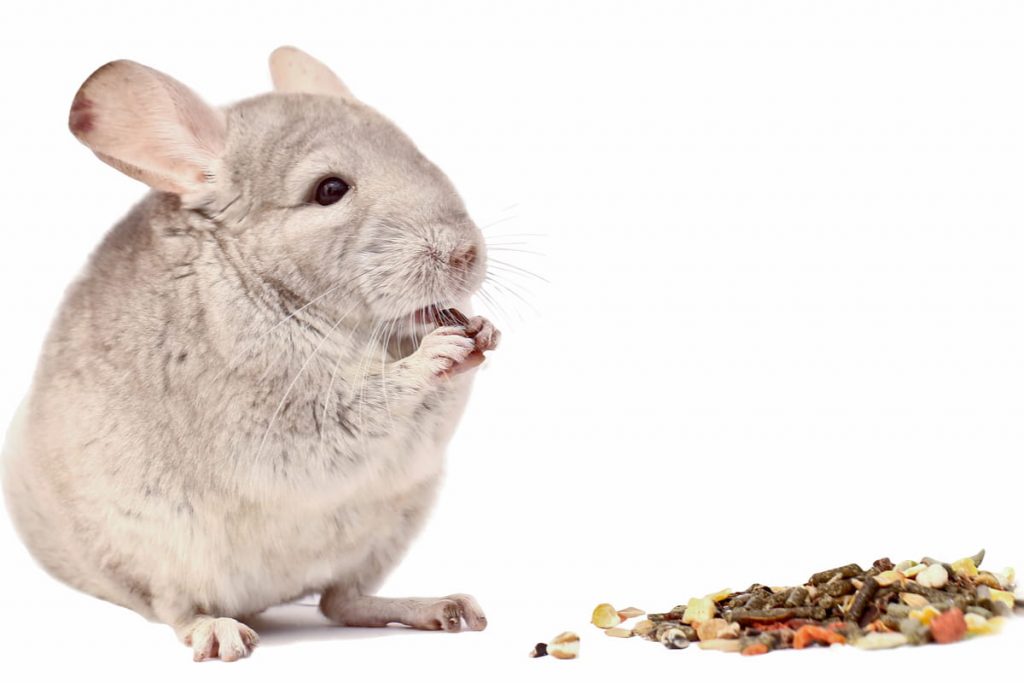
Feeding Your Chinchilla Treats
Of course, part of the fun of having a pet is treating them well. We all want to believe that feeding our chinchillas fruit and nuts makes them happier. Sure, every animal loves a high-fat, sugary treat.
The problem is that chinchillas won’t ever say no. They’ll keep eating those carrots and dried apricots as fast as you give them to them. This includes dandelions from the yard or park and other plants that you harvest.
The problem comes when chinchillas start to gain too much weight and slow down. When they take on the extra weight, they are going to start running into other health problems. If they get sick, they won’t have the immune system strength they need to fight it off as well as they should.
Follow the correct diet advice, only giving your chinchilla treats very occasionally, and they will keep their weight in the range it should be naturally. Check that they are eating every day and that they are producing enough waste droppings, and it’s a good sign that your chinchilla is healthy.
If you notice an absence of droppings or a significant drop in the number of droppings compared to usual, then you may want to take them to the vet.
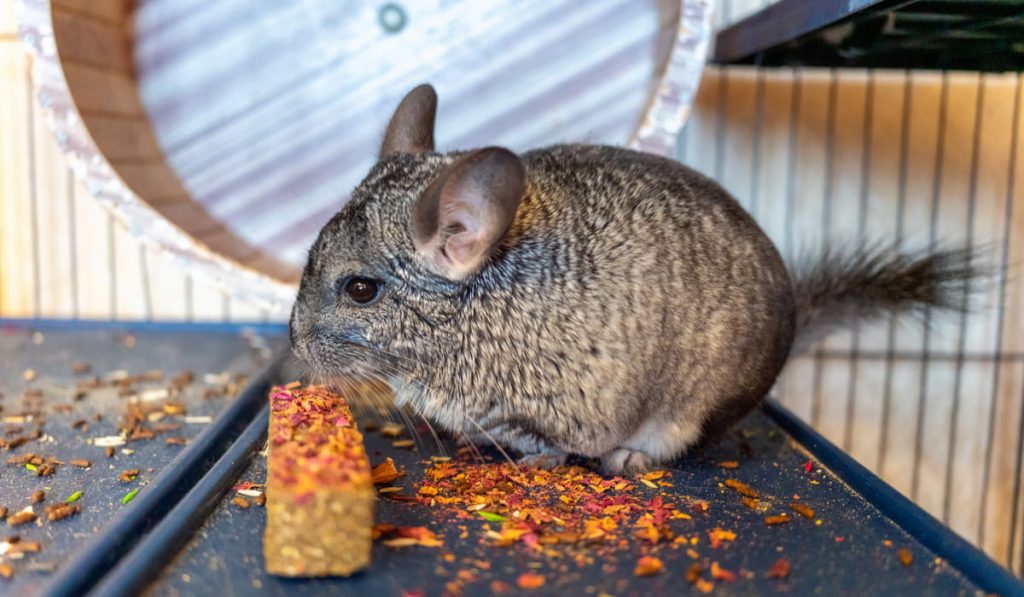
Focus on Fiber
Remember, fiber is one of the most important parts of a chinchilla’s diet. They need it to pass the food they eat. Out in the wild, you’ll find chinchillas munching on tree bark and other hard items to get the fiber they need in their diet.
Gnawing on hard things is also how chinchillas keep their teeth in check.
Nature makes chinchilla teeth grow quickly because they need large front teeth to eat the food available to them.
If they don’t have bark or a stone (you can buy in a pet store) to grind down their teeth, they become too large.
Stick with the diet advice that vets and other experts say is the best for pet chinchillas. You may not be able to mimic exactly what a chinchilla in the wild would eat, but modern pet stores do a great job making it close.
If you are worried about your chinchilla’s health or what they are eating, you can always talk to a vet and get your pet checked out. They’ll help you make the necessary adjustments to keep your chinchilla healthy so you can have peace of mind.
Owning and raising a chinchilla is a lot of fun for adults and children alike. They are a wonderful family pet and don’t need a lot of maintenance.
All they need is some positive interaction, a lot of fiber, clean water, and an occasional treat. They’ll handle the rest and will be there to give you lots of fun times and great memories.
